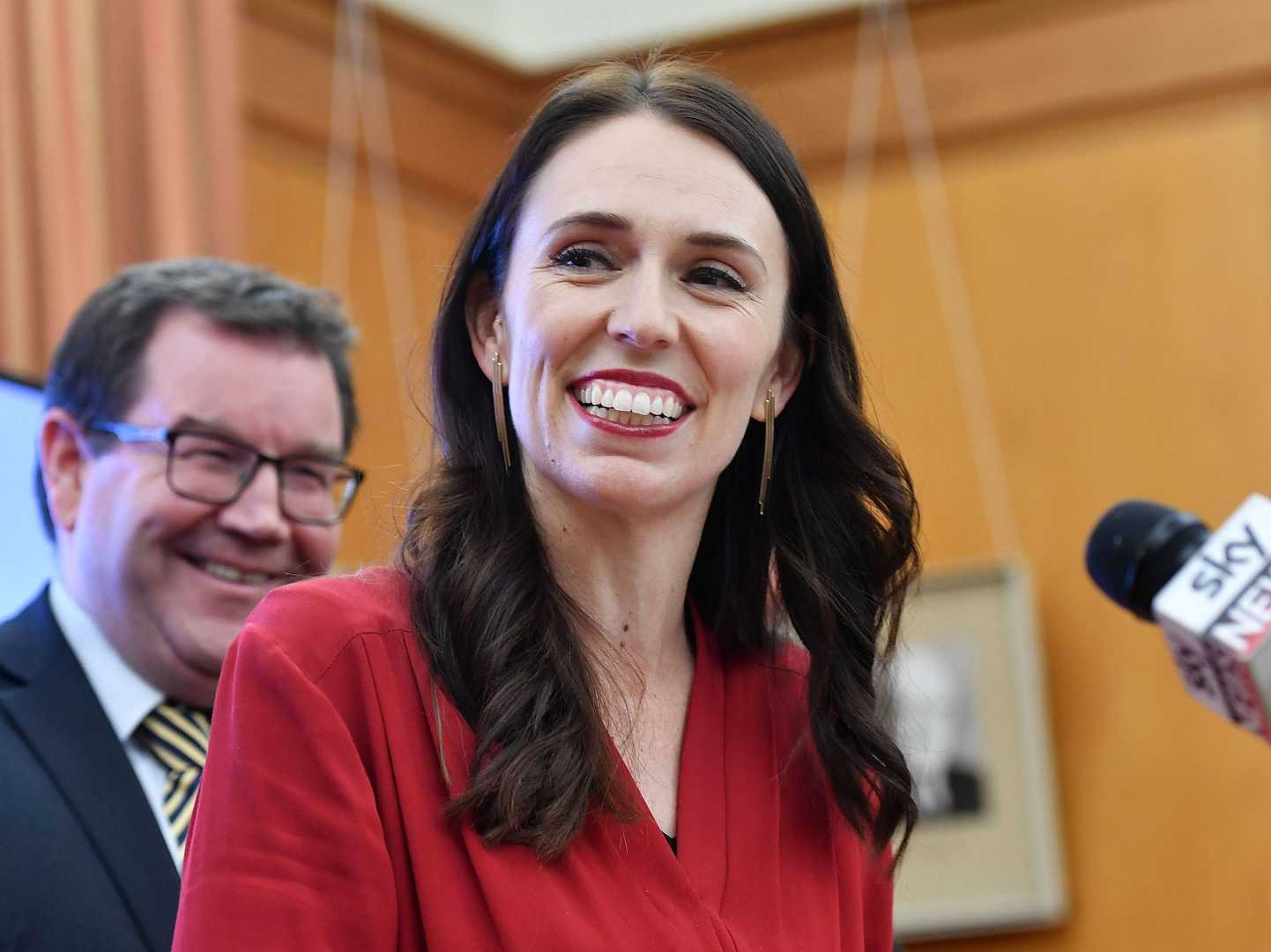Politics
Jacinda Ardern Opens Up About Her Time as New Zealand’s Leader

Auckland, New Zealand – Former Prime Minister Jacinda Ardern, known for her relatable and progressive leadership, recently reflected on her time in office during an exclusive interview. This comes ahead of the release of her memoir, “A Different Kind of Power.” Ardern, who resigned dramatically in January 2023 after six years in power, shared her experiences and the challenges she faced during her tenure.
Ardern recalled a powerful moment at Auckland Airport just months before her resignation. While washing her hands, a woman approached her and expressed hostility, saying, “Thanks for ruining the country.” This encounter shocked Ardern, who had previously enjoyed widespread support, including a historic landslide win in the 2020 elections.
In the interview, Ardern reflected on her feelings of rising anger and resentment among political leaders globally. “There’d been a loosening worldwide, with public servants facing hostility as if they weren’t human anymore,” she explained. Throughout her leadership, Ardern represented values of empathy, progressivism, and inclusive governance, which left a lasting impact.
She emphasized that her leadership style contrasted sharply with that of other world leaders, including Donald Trump, who took office the same year. “I consider myself an observer of someone else’s politics,” Ardern stated, noting the increased polarization of public life.
Ardern became the first world leader to give birth while in office, which she described as incredibly challenging yet rewarding. The birth of her daughter, Neve, in June 2018 added a layer of complexity to her already demanding role. However, she argued that her pregnancy showed that women could balance family and leadership roles.
During her leadership, Ardern faced several crises, including the Christchurch mosque shootings in 2019, where she identified compassion as a focal point in her response. “We are calling him that,” she said during a conversation with Trump, referring to the shooter as a terrorist. Her leadership style often involved connecting with the community, which she felt was crucial during turbulent times.
Despite the international acclaim Ardern received for her handling of crises, she also faced severe criticism. As vaccine mandates were enforced during the COVID-19 pandemic, backlash erupted, leading to anti-government protests. “I saw my own image, with a Hitler moustache and the gallows,” she recounted, expressing the distress such experiences caused her.
Furthermore, Ardern articulated her views on the growth of cynicism around politics and how modern public life has become brutal. She noted the challenges women face in political roles, calling attention to rampant misogyny and the double standards that exist. “I think there’s a magnified impact on women in public life,” she stated.
As her interview drew to a close, Ardern expressed her hope that her departure from politics could inspire greater empathy within the political landscape. She remains committed to the belief that kindness and compassion in governance are essential. Ardern believes her time in office showcased a different kind of political leadership—one that values human connection over traditional power dynamics.
Despite stepping down, Ardern continues to advocate for collaborative and empathetic approaches to governance as she prepares for her next chapter.












